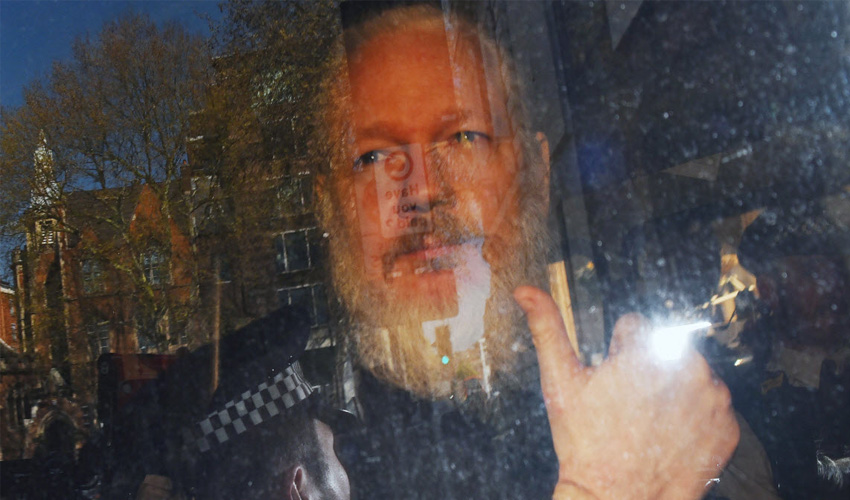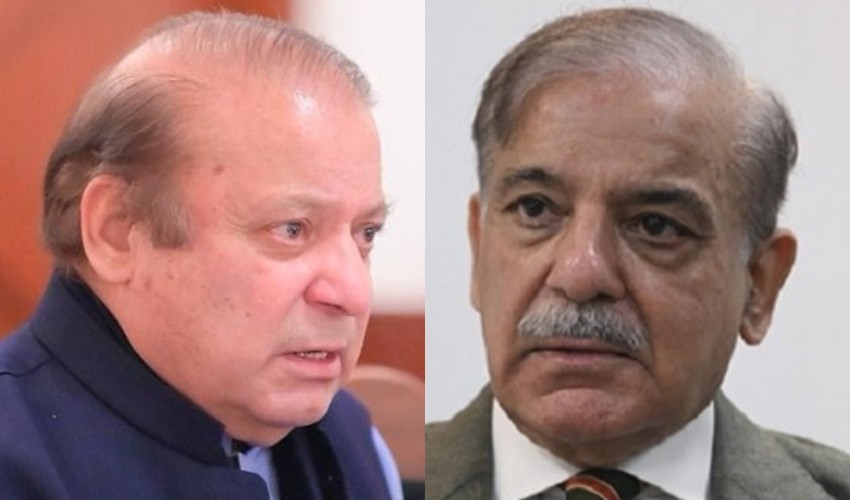In a pivotal two-day hearing at the High Court in London, Julian Assange's legal team has embarked on what could be his final bid to thwart extradition to the United States, where he faces trial over the leaking of military secrets.
The hearing comes as a culmination of Assange's protracted legal battle, which has spanned over a decade and captured global attention.
The crux of Assange's defense rests on the argument that he should be granted a full appeal against extradition, with his lawyers contending that his transfer to the US could result in irreparable harm. Supporters of the Wikileaks founder assert that his actions exposed significant wrongdoing, while US authorities maintain that his disclosures endangered lives.
Julian Assange, originally from Australia, gained international notoriety in 2010 when Wikileaks published a trove of confidential military documents, including footage depicting a US helicopter attack on civilians in Baghdad.
Following his tenure in the Ecuadorian embassy in London, Assange was arrested by British authorities in 2019 at the behest of the US, triggering a legal tug-of-war over his fate.
While a British judge previously blocked Assange's extradition citing concerns over his mental health and the risk of suicide, US authorities have since provided assurances regarding his treatment and the possibility of serving any sentence in his native Australia.
Despite repeated denials from US lawyers regarding the severity of potential sentencing, Assange's legal team remains steadfast in their opposition to extradition.
Should the High Court uphold the extradition order, Assange faces the prospect of being handed over to US authorities within weeks. However, his legal team may seek recourse from the European Court of Human Rights, although the likelihood of intervention remains uncertain.



























